Friedrich G. Beckhaus
Nacimiento : 1927-12-11, Berlin, Germany

Atan Shubashi (archive footage)

In 1971, Christo and Jeanne-Claude thought of wrapping the Reichstag. After endless meetings with Government officials, they were finally given permission to wrap the Reichstag in 1994. For 7 days, in June 1995, a steel framework was constructed, then a metalized material was bound with 17, 060 yards of blue rope. The Reichstag, wrapped in this shiny material, seemed to move in the wind. Five million people visited this extraordinary project.

Müller

Labiache

Jean

(voice)
Un científico vampiro ha creado el Vampisol, una pócima revolucionaria, que permite a los vampiros pasear bajo la luz del Sol. En cuanto la noticia llega a oídos de los grandes clanes de vampiros, todos viajan a La Habana para hacerse con el control de la fórmula: los estirados y siniestros vampiros europeos, y los mafiosos vampiros norteamericanos. Pepito, un trompetista, sobrino del creador de Vampisol, será perseguido por ambos grupos desde que se le encarga la custodia de la fórmula.

Heinrich Müller
A real time recreation of the 1942 Wannsee Conference, in which leading SS and Nazi Party officals gathered to discuss the "Final Solution to the Jewish Question". Led by SS-General Reinhard Heydrich, the Wannsee Conference was the starting point for the Jewish Holcaust which led to the mass murder of six million people.

Daladier
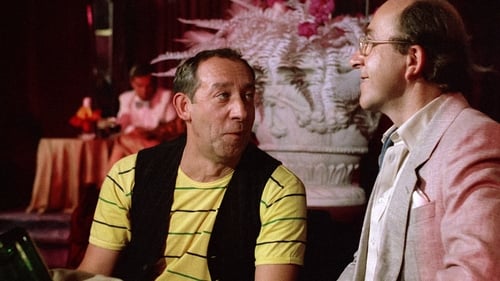
Kommissar
A wealthy businessman and the owner of a rundown pub share one thing in common - they look like identical twins! When the businessman hears of a plot against him, he hires the pub owner as a decoy. However, the pub owner is accident prone and causes more trouble than he is worth. An action-packed, physical comedy.

Zinngruber
En mayo de 1983, un hombre de 49 años, acompañado de su hijo, viaja al pueblo de su infancia, en Baden. Su deseo es descubrir qué le sucedió en realidad a su madre. Sus recuerdos son muy borrosos y, además, por aquel entonces era demasiado pequeño para comprender lo que ocurría a su alrededor.
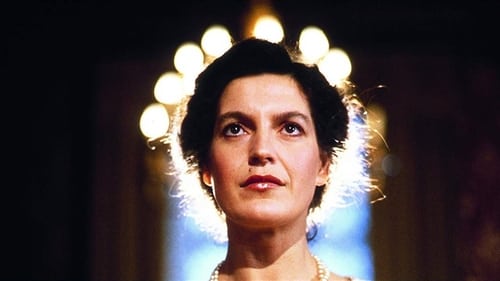
Dr. Bleibig
Edith runs a left-wing journal and when her marriage starts to fall apart (her husband is unfaithful), she can find no solace in her son who is more of a problem than an asset. On top of heading toward a divorce and being unable to handle her son's asocial tendencies, her neurotic uncle moves in, demanding personalized care. Just to keep her sanity intact, Edith starts writing in her diary to vent her own feelings and ambitions. As her son goes from bad to worse over a five-year period, it turns out that Edith's diary may be of more benefit than she could have ever imagined. In this adaptation of Edith's Diary by Patricia Highsmith, director and writer Hans W. Geissendoerfer has maintained Highsmith's psychologically tormented characters while changing the location and time of her story from the U.S. of the 1960s to Germany in the early 1980s.

Revierpolizist

Heinrich Müller

Savigny
a TV-Movie by Wolfgang Staudte

Boehmer
Based on the play by Lion Feuchtwanger.

Presiding Judge
When they start losing family members and neighbors due to WWII and the Nazi government's policies, a quiet married couple becomes disillusioned and begins spreading leaflets against the government - a crime punishable by death.

Scabeau

Dr. Hebauer

Hermann Ganswindt

Kommisar Fiebach

Regierungsrat

Sidney O. Buddington

Kriminalassistent Penk

Petridis

Kommissar Hardenberg
Verena, esposa de un poderoso banquero, se enamora de un estudiante de veintiún años, pero su marido se entera y la amenaza.

Erich Reschke

Kamper

Zenzen
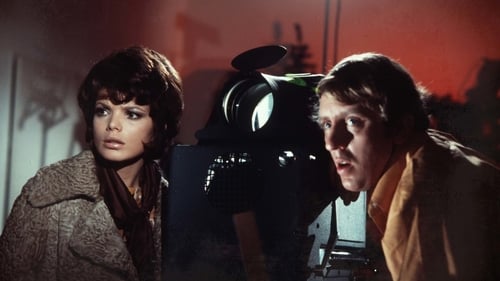
Bordellbesitzer
An Australian woman arrives in London to search for her sister who she finds is involved with a heroin smuggling gang. The gang itself is under attack from an unknown rival, who is methodically assassinating them with a shot to the head.

Oberst der NKWD
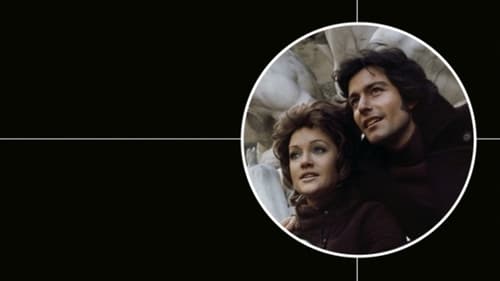
Dr. Gloggnigg
The son of an Argentine chemist travels to Vienna, to solve the murder of his father. Step by step, he realizes that his father was internationally entangled in secret service machinations and chemical weapon sales, and ends up in mortal danger himself. Meanwhile, he also realizes that there is no connection between his father's murderess and those dubious activities. Her motive for killing him goes back much futher, to a court hearing during the Third Reich...

Baumann

Knirps

Janos Klewe

Reichert

Gröttrup

Generalmajor Hellmuth Stieff

Dr. Mackenzie

General Uritzky

Cäcilius

Sakolides

John Christie
The case of Timothy Evans was the first major post-war miscarriage of justice to capture public attention. Of low intelligence, Evans was damned by his own, false confession that he had murdered his wife and daughter. The trial and rightful conviction of John Christie for one of these murders three years later, did not, however, bring about a pardon for Evans. Despite having four alibi witnesses, the 28-year-sailor, who was described by his own defence lawyer as a "semi-civilised savage", was convicted and executed within six months of the murder. Three years after Mr Evans was hanged, John Christie, a neighbour in the house at 10 Rillington Place, confessed to strangling eight female victims - including Beryl and her baby daughter. He too was executed. It was to be many years before the judiciary and the government were to finally allow the late Timothy Evans a pardon.

Hawel

Gauguin

Reconstruction of the murder of Karl Liebknecht and Rosa Luxemburg and the following farcical military court procedures.

General Attinbrough

Georg Brandt

Doran

SS-Gruppenführer Sepp Dietrich

Hans Martin

Herr Buck

Holzhäuser

Albert Cobb

Müller

Doc

Zuchthäusler Otto Kaschube

Président du Conseil Municipal

Karl May
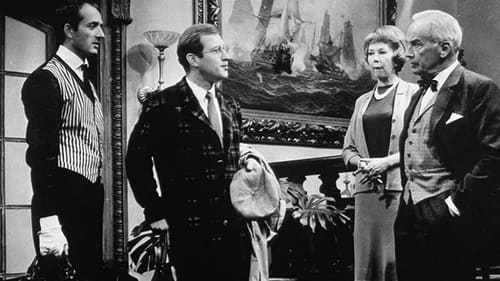
Jockey Palmer
The son of a British racehorse owner conspires with a bookie to ruin the odds of his father's thoroughbred winning an important event.

Erste Wache

Meunier

Josef Jakubowski

Max Götze

Betrunkener
Un asesino en serie llamado El Tiburón aterroriza Londres matando a sus víctimas con un arpón y luego, vestido con un traje de buzo, utiliza los túneles del alcantarillado de la ciudad para escapar.
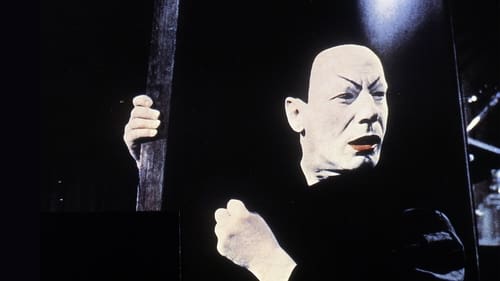
Brander
In 1957 Gustaf Gründgens staged a new production of Goethe's Faust in which he once again played Mephisto, a part he had played since 1932. The brilliant production was a huge success and ran for a couple of years. In 1959 Peter Gorski captured the performance on film in his directorial film debut. Basically it is a registration of the production, but Gorksi did manage to accentuate the details of the acting by using enough medium and close-up shots which give a view on the acting you normally would not able to see in a theater.














